
Barkindo: OPEC Rescued Oil From Collapse
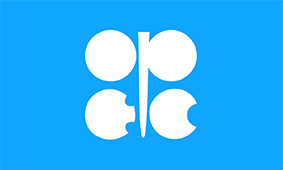
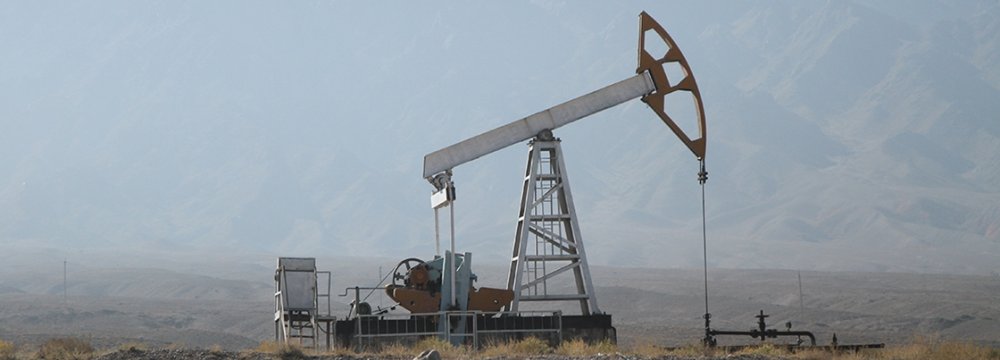
"OPEC has been doing a great service," to producers and global oil markets, Mohammad Barkindo told CNBC in Riyadh.
"The decisions that OPEC took, together with our non-OPEC partners, literally rescued this industry from total collapse," he said.
Asked for his perspective on the US Congress' consideration of antitrust legislation that could hurt OPEC–specifically, the "No-Oil Producing and Exporting Cartels Act" (NOPEC) bill that could allow OPEC to be sued for coordinating production and influencing oil prices – Barkindo said actions taken by OPEC had in fact helped US producers.
"You can ask the producers in the shale basins in the US whether they have benefitted from the actions we have taken over the years," Barkindo said.
"In particular, during this longest cycle where we saw prices crash by over 80% at one point, where we saw the supply and demand balance in (a period of) disequilibrium that had never been witnessed, where we saw more than 100 US companies file for bankruptcy with all the negative consequences on the industry, the regions where they operate … no party was insulated," he said.
Oil prices fell dramatically from a high of around $114 a barrel in June 2014 to a low of around $27 a barrel in January 2016 amid a sharp imbalance in supply and demand.


Codelco seeks restart at Chilean copper mine after collapse

Uzbek gold miner said to eye $20 billion value in dual listing

Hudbay snags $600M investment for Arizona copper project

BHP, Vale offer $1.4 billion settlement in UK lawsuit over Brazil dam disaster, FT reports

Peabody–Anglo $3.8B coal deal on the brink after mine fire
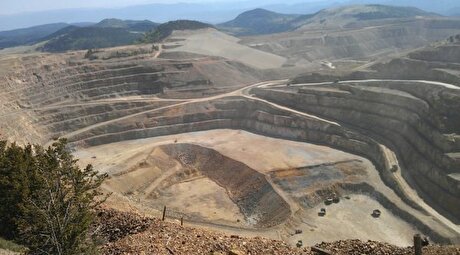
SSR Mining soars on Q2 earnings beat

Minera Alamos buys Equinox’s Nevada assets for $115M

Century Aluminum to invest $50M in Mt. Holly smelter restart in South Carolina

A global market based on gold bars shudders on tariff threat

Samarco gets court approval to exit bankruptcy proceedings
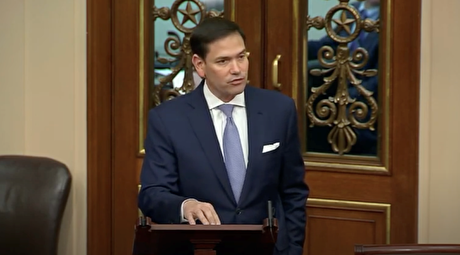
US eyes minerals cooperation in province home to Reko Diq
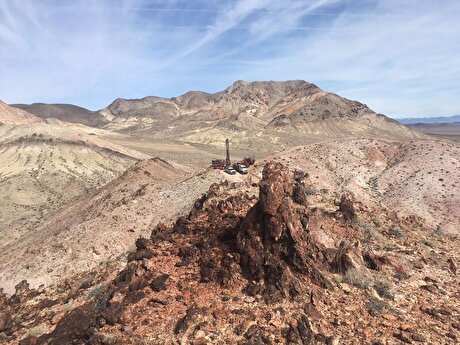
Allegiant Gold soars on 50% financing upsize

Explaining the iron ore grade shift

Metal markets hold steady as Trump-Putin meeting begins
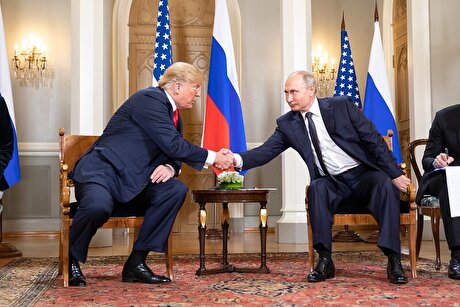
Trump to offer Russia access to minerals for peace in Ukraine

Gemfields sells Fabergé luxury brand for $50 million

Gold price stays flat following July inflation data
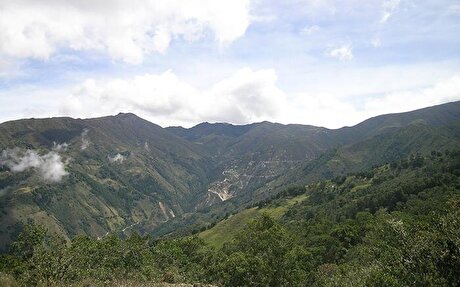
Eco Oro seeks annulment of tribunal damage ruling
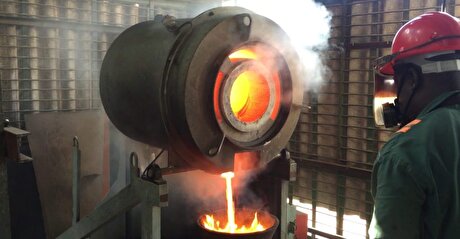
Zimbabwe labs overwhelmed as gold rally spurs exploration, miner says

Samarco gets court approval to exit bankruptcy proceedings

US eyes minerals cooperation in province home to Reko Diq

Allegiant Gold soars on 50% financing upsize

Explaining the iron ore grade shift

Metal markets hold steady as Trump-Putin meeting begins

Trump to offer Russia access to minerals for peace in Ukraine

Gemfields sells Fabergé luxury brand for $50 million

Gold price stays flat following July inflation data

Eco Oro seeks annulment of tribunal damage ruling














